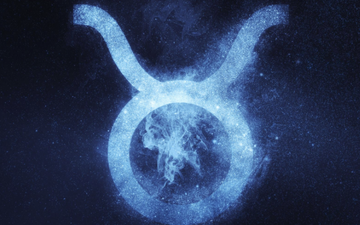
Hate is a powerful emotion that can cause serious damage to both the person who feels it and the person it is directed at. It is complicated and often has a deep genesis, which can make it difficult to 'cure' from it.
"Hate stems from personal perceptions of weakness or from an experience in which we feel we have been harmed or mistreated by others," says Stephanie Carnes, American therapist.
What is hate?
The word "hate" is used more often than the actual emotions that are felt. The statement: "I hate this" is rarely accompanied by the strong negative emotion of true hatred. It can be difficult to distinguish hate from other strong negative emotions you may feel at the same time.
Some psychologists say that what makes hate different is that it is directed at who someone or something is, rather than what they have done. In a review of research on hatred published in 2018, the authors say that anger and revenge come from a desire to change a behavior or situation, or to fix or atone for a negative action. But with hate, you believe that the person or behavior cannot be changed and you want to "eliminate" it.
What causes hatred?
Hate rarely arises from a single experience or event, unless the event is traumatic or can be interpreted as a threat to a person's livelihood or safety.
Hate can be something that is learned when you are part of a group that perceives a threat from another group of people.
Types of hate
Hatred can be directed outward—at another person, a group of people, or even at a situation or idea. It can also be directed inwards, towards oneself.
Symptoms of Hate and How Hate Affects Your Health
Hate is often accompanied by other strong emotions, such as anger, humiliation, or helplessness, which also affect your health. Hatred can be manifested by a person's behavior in a number of ways:
-Outbursts of anger or violence;
-Anxiety;
-Depression;
-Other mental health diagnoses such as PTSD (Post-Traumatic Stress Disorder).
How to prevent hate
Awareness is the key to preventing or dealing with hate. Identify what or who triggers the hatred in you and ask yourself why.
How to deal with hate
Self-control of your emotions is the first step in dealing with the hatred within you. When you feel it, start by calming your nervous system. Carnes suggests taking a walk, playing with an animal, listening to music, or taking deep breaths.
When hatred is healthy and when it is not
It's a normal human experience to feel hate sometimes, and you don't need to force yourself to feel differently or try to erase the feelings, especially if they're directed at someone who has seriously hurt you.
But hatred can cause negative consequences for each of us and for society as a whole.
Research shows that hate is generally negative — leading to more division, escalation of conflict and violence.
"Even if the roots of hatred feel justified, the negative effects on physical and mental health hinder our ability to experience fulfillment and well-being," says Carnes.
Suggested articles:





